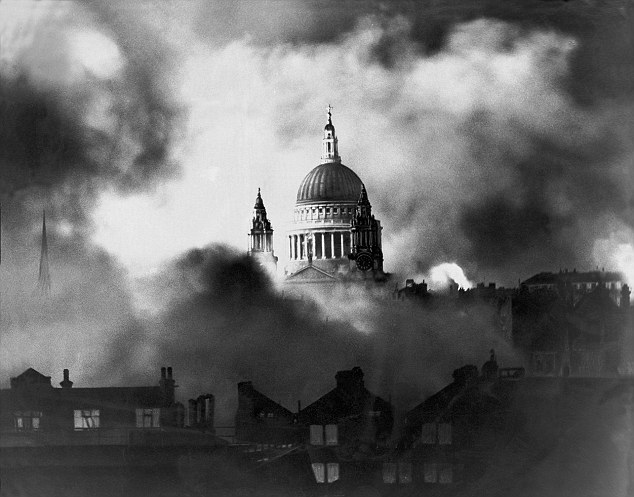From a British perspective, the war in Europe began on 3 September 1939, when Britain declared war on Germany, and its end was marked by VE Day, 8 May 1945. Japan entered the war with its attack on Pearl Harbor on 7 December 1941, accompanied by assaults on British possessions in the Far East, and surrendered after the dropping of atomic bombs on Hiroshima and Nagasaki in August 1945. In its six-year course, the war saw its low points (Dunkirk, the surrender of Singapore, Arnhem, among others), together with its highs (the Battle of Britain, El Alamein, D-Day, to name a few).
As a national epic, the narrative is very satisfying: it has a redemptive quality (the Empire came good after all), and it has a striking chronological balance (“Before Alamein [in 1942] we never had a victory; after Alamein, we never had a defeat,” as Winston Churchill claimed, quite erroneously). All this makes no sense beyond our islands’ shores. Try telling a Pole that the war in Europe began on 3 September 1939, or a Chinese that Japanese aggression started in 1941.
A constant theme in British perceptions of the war is an emphasis on the spiritual: “the Dunkirk spirit” or “the spirit of the Blitz”. However, a critical element of that spirit has been neatly excised from our collective memory – the role of religion and, more specifically, of Christianity. This amnesia reflects the rapid de-Christianisation of British society since the 1960s, with the collusion of the British Churches themselves, eager to draw a veil over a more militant past.
The failure to recognise the extent to which the conflict was a religious war helps to account for the widespread incomprehension of religiously sanctioned violence, especially that of a radical Islamist variety. True, British servicemen in the Second World War did not seek self-immolation for religious reasons, and civilians rarely saw the war in exclusively religious terms, but Nazi Germany was seen as an existential threat to Christendom as well as to the British Empire, and the rhetoric and conduct of the war was strongly coloured by this conviction.
Take Churchill’s “finest hour” speech of 18 June 1940. What, above all, were the British people summoned to defend in order to safeguard the future of the world? “Christian civilisation” – a mission that seemed to enjoy a divine mandate in light of the recent, and seemingly miraculous, evacuation from Dunkirk. Nor was it just the stilling of the Channel waters for the evacuation (whose turbulence, even in June, caused D-Day to be postponed four years later) that sustained this conviction.
The subsequent blitz of British cities saw the most sustained devastation of Britain’s ecclesiastical infrastructure since the civil wars of the seventeenth century. This included the destruction of Coventry Cathedral, and the remarkable survival of St Paul’s, whose preservation amid a hellish sea of flame formed the subject of one of the most famous – and symbolic – photographs of the war [by Herbert Mason, see below]. From 1942 to 1945, the Ministry of Information published Spiritual Issues of the War, a weekly magazine that highlighted issues such as the Nazi euthanasia programme and the persecution of Christianity in Germany and occupied Europe.
A succession of 11 national days of prayer, called at the behest of King George VI, proved remarkably popular throughout the war, the success of the Dunkirk evacuation even being ascribed to that held on 26 May 1940.
















